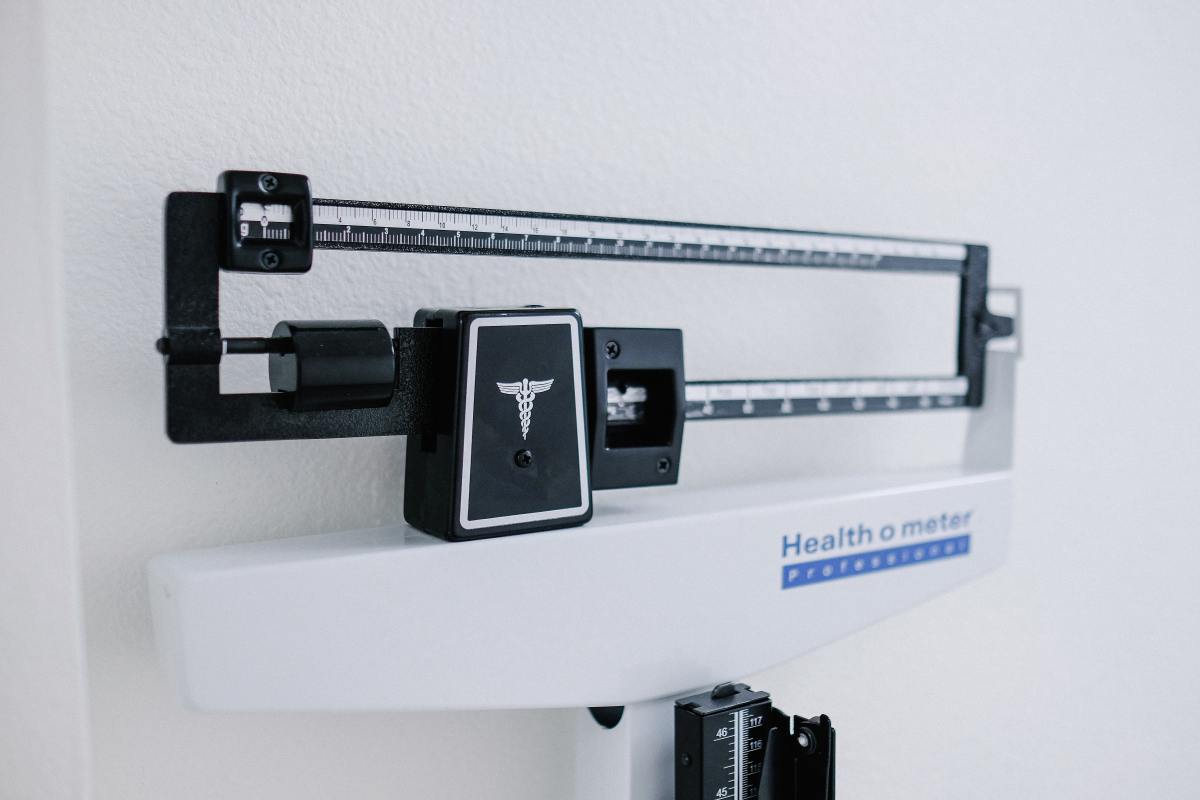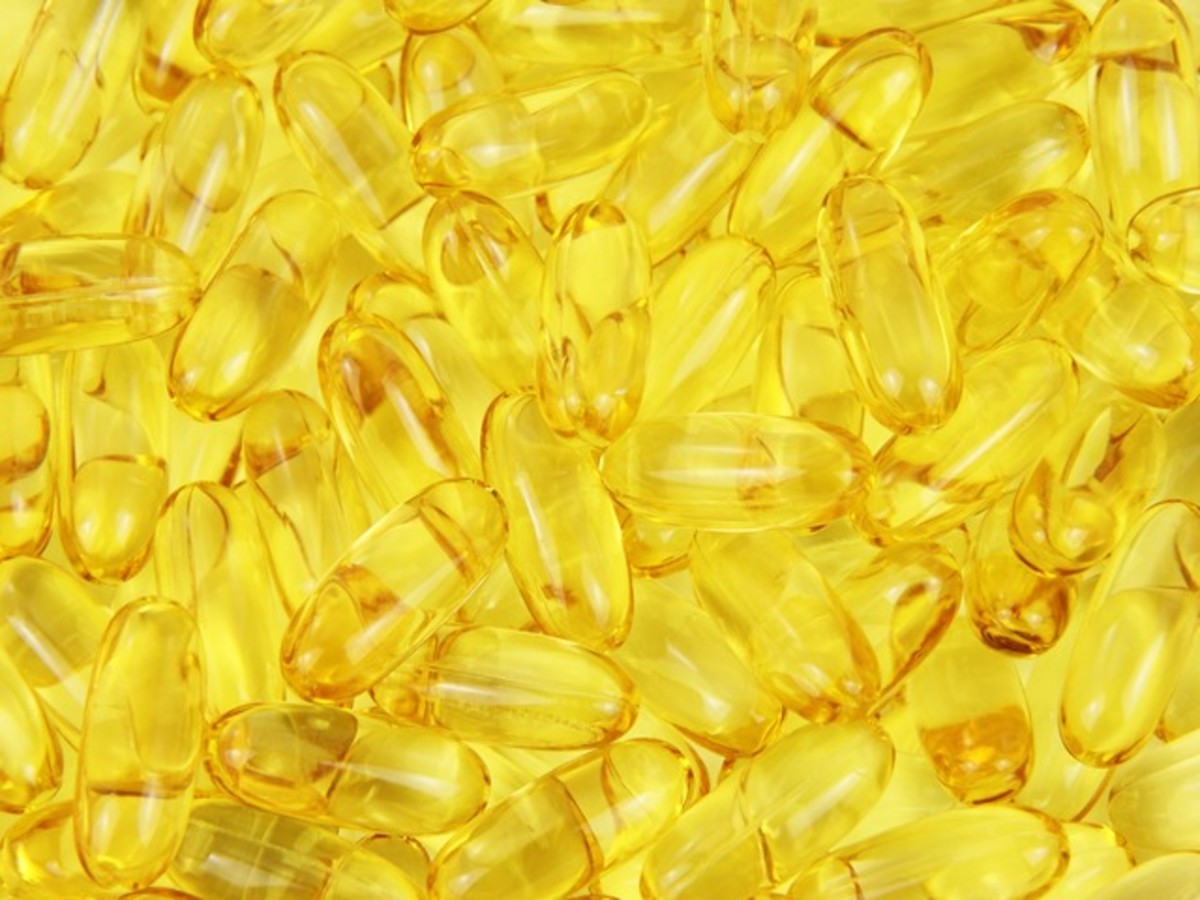Creatine vs Glutamine - Side Effects and Cons
<< Part 4 - Benefits of Glutamine <<
Alright, you've got a big list of all the good creatine and glutamine can do for you, now it's time for the bad.
Are you ready?
You sure?
Now, I tried my best to find a good amount of side effects and cons for both, but, I'm sorry to disappoint you... there aren't that many out there!
Side Effects and Cons of Creatine Usage
The first thing you're going to see when you look for creatine side effects is that there are no adverse side effects. Studies have shown that it's perfectly safe for short-term use, but there have been no real long-term studies on high dosage use of creatine. So just read the label, follow the instructions as best as you can and you should be fine.

Would you count increased body mass as a side effect?
What about if muscle was that extra body mass?
I wouldn't really call that a side effect, but that's what you should expect. The downside of that is that part of that weight will be water weight. And, because of the water retention, you may appear a little bloated and your muscles might not feel as solid, but you may not even notice either of these side effects.
Creatine also isn't for everyone; it really depends on what your goals are. If you're a wrestler or a boxer, you're probably not going to want any weight gain. If you run long distance or swim, the extra weight (muscle) might slow you down.
Now, there are really no significant effects from creatine on aerobic endurance, but it will give you more power in short bursts. It's also been shown that older individuals (60 - 80) don't see a lot of the same benefits from creatine as younger athletes do, so it's not a "one size fits all" supplement.
Now, there have been claims of upset stomach, dizziness, high blood pressure, muscle strains and pulls, liver disease, renal disorders, dehydration and cramps, but there was research done and none of the individuals had any muscle strains, pulls or cramps.
The upset stomach could be from taking too much and you shouldn't use creatine if you already have high blood pressure, kidney problems, liver disease or renal disorders. You also shouldn't take creatine if you take Cimetidine, diuretics, NSAIDs, Probenecid or Ephedra (hey, that's illegal!).
Now, there has even been rare cases where creatine has caused kidney stones, but I wouldn't be surprised if those individuals already had kidney problems beforehand, or took too much creatine.
I'm serious about not taking too much, you'll end up with some gas, bloating and probably diarrhea. And the dehydration and cramps could be from not drinking enough water. Creatine fills your muscles up with water, which means you'll need to drink more, and you should already be making sure you drink enough water in your daily life.
And even though there are some concerns on the effects of creatine on your heart, since it's a muscle too, there hasn't been any research done on this yet, to prove or disprove any heart issues.
There are also concerns that your body won't create its own creatine if you're using supplements, but I'm not sure if that'd be a big issue or not as long as, once you stop using creatine, your body picks right back up where it left off.
Now, when you do stop taking creatine you're not going to have the same energy you got used to having in the gym, so that might be a little disappointing at first. And, as you lose the excess water, you may lose that extra pumped up look and feel, but that's not all bad; you won't be bloated anymore and your muscles will feel more solid. In fact, you may actually look more defined.
But not everyone likes creatine; it's actually banned in some countries, like France. And you can't sell creatine ethyl ester (CEE) in Germany or France. Plus, in the US, the NCAA has ruled that colleges can't supply their athletes with creatine. Seems bad, right? Well it's not that bad... the athletes are allowed to obtain and use creatine on their own!
But the Healthy Competition Foundation, set up by the Blue Cross & Blue Shield Association, recommends that you don't use creatine. This is probably because they see it as an unfair advantage, but I'm not sure of their reasons.
All in all, creatine usage can be safe if taken properly with the right dosages. I've used it myself in the past and didn't have any noticeable side effects.
Let's move on to glutamine.
Side Effects and Cons of Glutamine Usage
I had a really hard time finding side effects and cons for glutamine; there are really no adverse side effects for it either.
There's such a big hype about creatine, so it's no wonder you see claims pop up left and right, but I'm not really sure why there's not as big of hype for glutamine; you can make some great gains with it too.
But, like I said before, please read the labels and follow instructions for your supplements. Don't overdo it!
If you take too much glutamine you'll probably end up with an upset stomach. You also shouldn't take glutamine if you have kidney disease or severe liver failure.
And if you are prone to seizures then you should ask your doctor before taking glutamine. It appears that a lot of anti-seizure medicines work by blocking glutamate (what our body metabolizes glutamine into) stimulation in the brain.
Other than that I think you're in the clear. I've used glutamine myself and had no problems at all.
So, in my mind, there are really no huge concerns with taking either creatine or glutamine, as long as you follow the instructions on the label.
Alright, now you know the good and the bad for these supplements.
So how much do you take?
When do you take it?
It's good to know the proper dosage not only to see results but to stay safe. Too much of a good thing is never good; even too much water can be deadly. So, let's move on and I'll tell you how much is recommended to take and when you should take it to see the best results.
>> Continue Reading Part 6 - How Much Should I Take and When? >>
© 2007 Ben G








